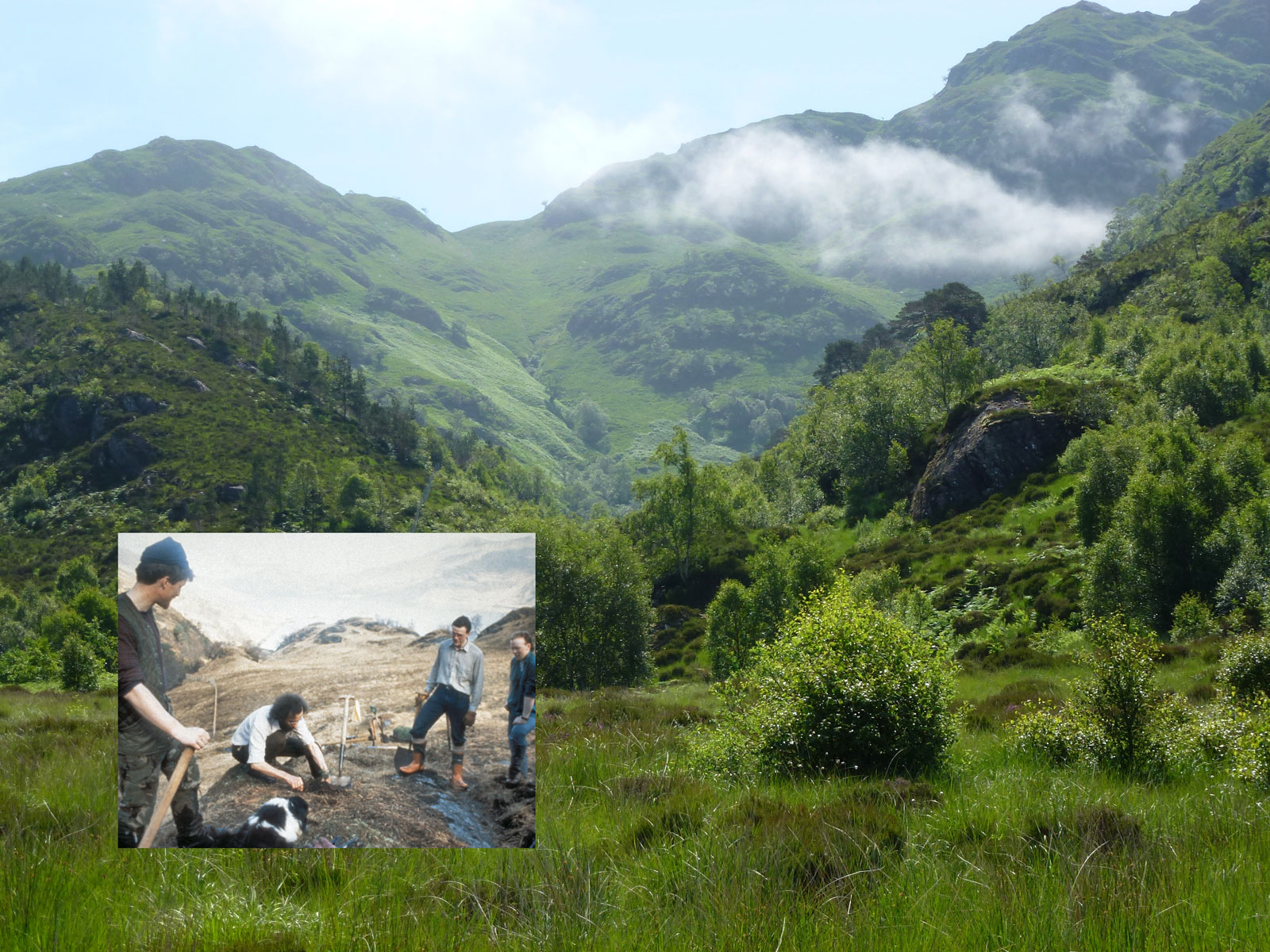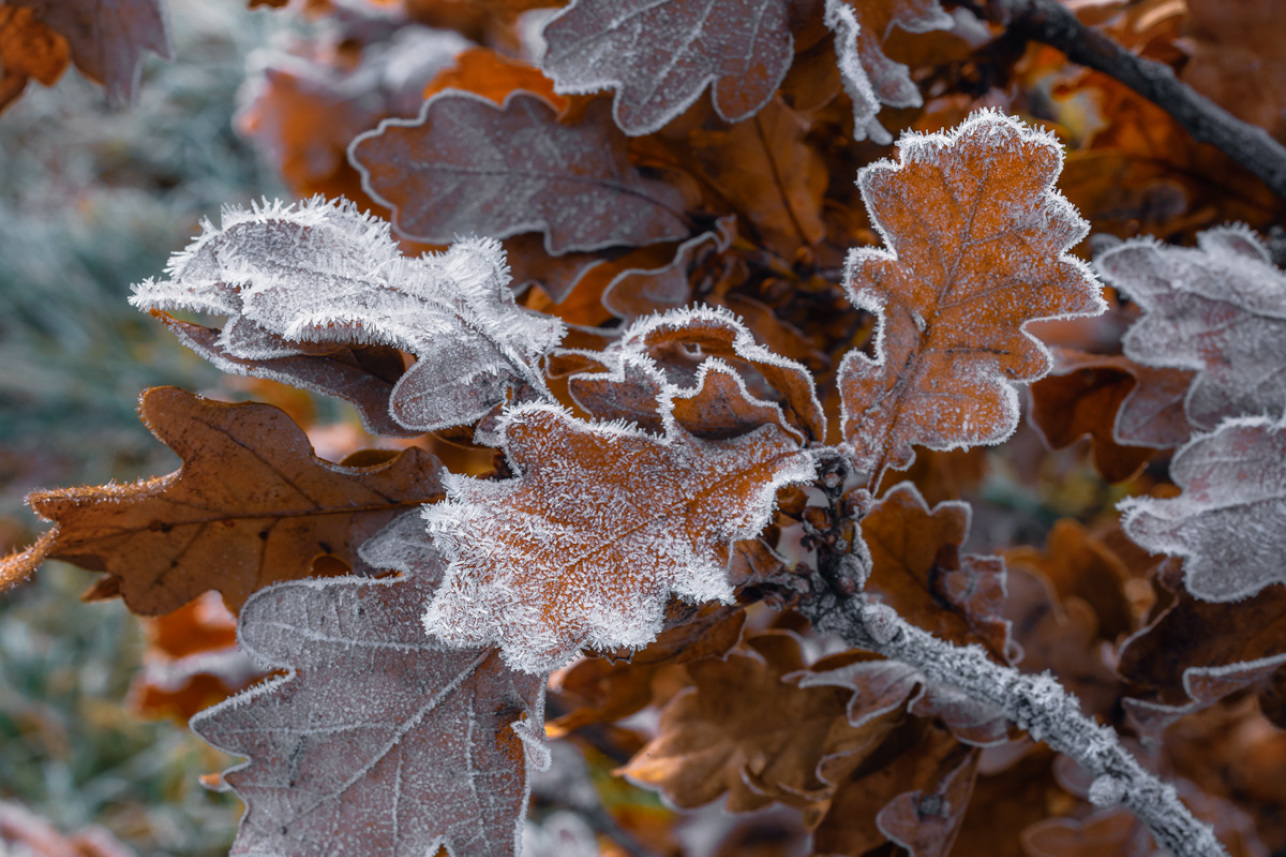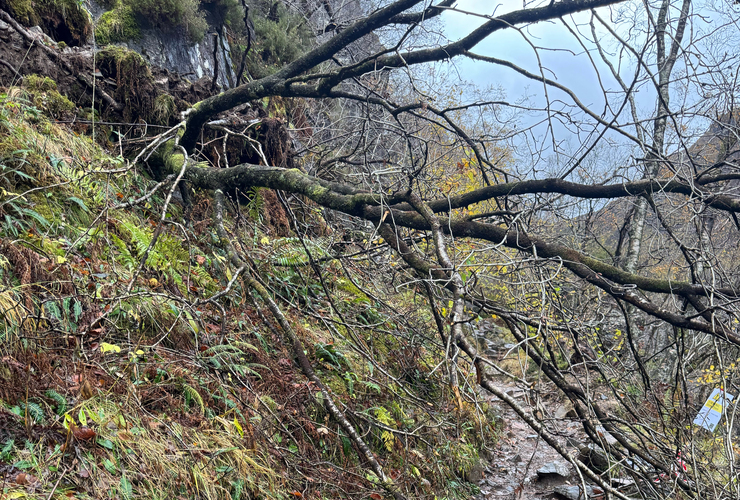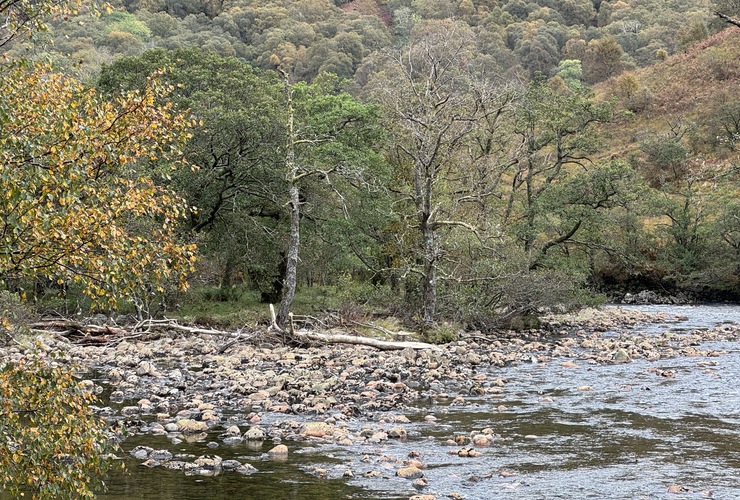Field Notes: Importance of storytelling
To show our support for Scotland’s Year of Stories 2022, we share an article which demonstrates how our interest in storytelling goes right back to the origins of the John Muir Trust.

One of our greatest storytellers, Sir David Attenborough said: “No one will protect what they don't care about; and no one will care about what they have never experienced”.
Whether it’s a scene in a nature documentary, an anecdote you’ve heard, a song you’ve listened to, or a phrase you've read in a book, the experience of a good story, well told, can stir your emotions and inspire action.
Our own origin tale demonstrates this perfectly: in the following extract from a 1988 article in The Observer newspaper, one of our founders Chris Brasher (1928-2003) describes how a meeting of minds across half a century helped sow the seeds of the John Muir Trust. His article helped lay the foundation of our membership and took numbers past the first thousand names. Here is an excerpt from the article.
Prophet of the wilderness
Article by Chris Brasher (1928-2003) from The Observer, 1 May 1988.
I did not meet him until I was over 50 years old and he had been dead for over 60 years. The meeting, a meeting of minds, took place one magical evening when I was encamped, alone, on a mountain called Cloud’s Rest in the Sierra Nevada, a range he described as 'so gloriously coloured, and so luminous, it seems to be not clothed with light, but wholly composed of it, like the wall of some celestial city.'
Few people in Britain, the land of his birth, have heard of him, and yet in North America he bestrides millions of acres of wild and beautiful land and engages the minds of all those who believe, who know, that all things on this Earth are connected: 'When we try to pick out anything by itself,' he wrote, 'we find it hitched to everything else in the Universe.'
It was in the wilderness, high above Yosemite National Park, one of the natural wonders of the world, that I first realised that he had trodden the path I was trying to follow: to use words to convey to others the need which mankind has to protect the wild places. But, as John Muir said: ‘A writer's life is like the life of a glacier - one eternal grind.'
Later he wrote: 'When I am free in the wilds, I discover some rare beauty in lake or cataract or mountain form, and instantly seek to sketch it with my pencil, but the drawing is always enormously unlike reality. So also in word sketches of the same beauties that are so living, so loving, so filled with warm God, there is the same infinite shortcoming. The few hard words make but a skeleton, fleshless, heartless, and when you read, the dead boney words rattle in one's teeth.'
I know the feeling. In the cold winter of 1977, I made a voyage of discovery, self-discovery, through one of the last great wildernesses in these islands. For six days, I and a companion walked and skiied across Scotland from the North Sea to the Atlantic. Of one particular day I wrote: 'If I were to describe that day - the day we broke over the watershed - it would be like trying to describe the effect on one's soul of listening to Furtwängler conducting Beethoven's Ninth Symphony, the only man-made artefact which has the power to convey that simple three-letter word, joy'.
Towards the end of that journey, I began to wonder what would happen to that great wilderness when the owner, Colonel Whitbread, was forced to sell. He had loved the land and believed in preserving the wilderness as he found it, accessible only by foot or by boat.
A few months later, the Colonel, then 77 years old, did have to sell, and now 200 square miles of this island are owned by a Dutchman. Happily, he is a responsible landlord, but there are other wild areas of Britain owned by foreigners who need them as a safe haven from troubles in their own land. They know nothing of our history, nothing of the Gaelic culture of the Highlands.
It seems strange to me that if I wanted to buy a 10-acre croft, I would be subject to examination by the Crofters Commission, but if I had the money to buy 100,000 acres, there would be no control. There are not many countries in Europe which allow their heritage to be sold abroad. Thus a new idea was bom on these pages in a similar manner to the idea of the London Marathon [Chris founded the London Marathon]. It was to form a new trust: 'To conserve and protect wild areas of the United Kingdom in their natural condition so as to leave them unimpaired for future use and study as wild areas, in such a manner that the needs and aspirations of the indigenous population are acknowledged and respected.'
- Read the Chris Brasher Observer article in full.
- Read stories and poems inspired by wild places submitted by our Members and supporters in our Wild Moments section. And why not submit your own?
- Read stories about wild places from the Trust team in our Field Notes section.
Supporting Scotland’s Year of Stories 2022. #YS2022
Photograph shows a wild place under the care of the John Muir Trust - Li and Coire Dhorcail in Knoydart (with the inset showing an early work party planting trees there).


